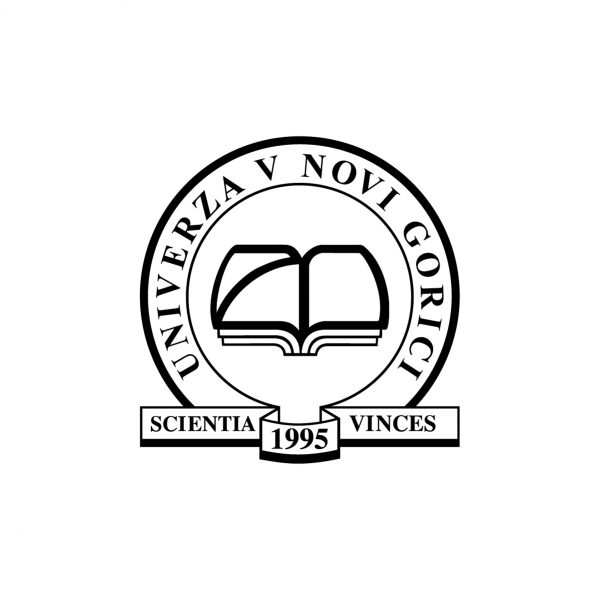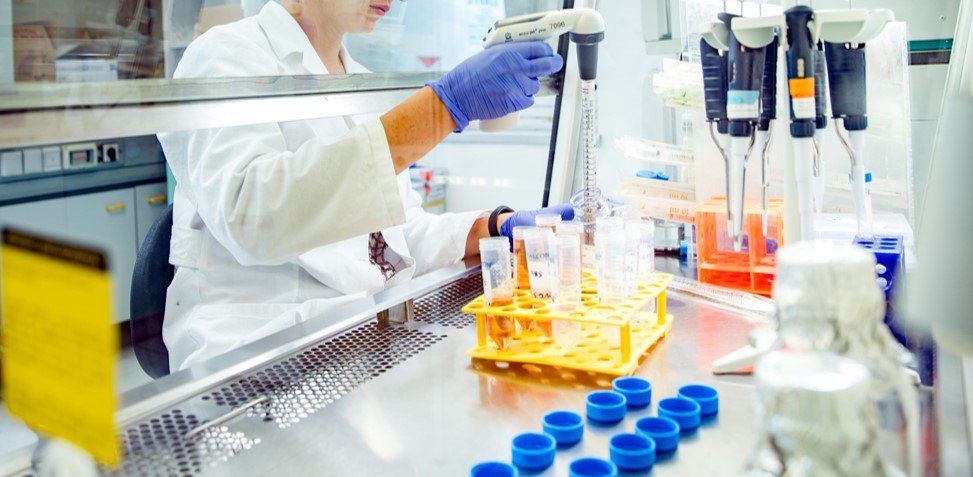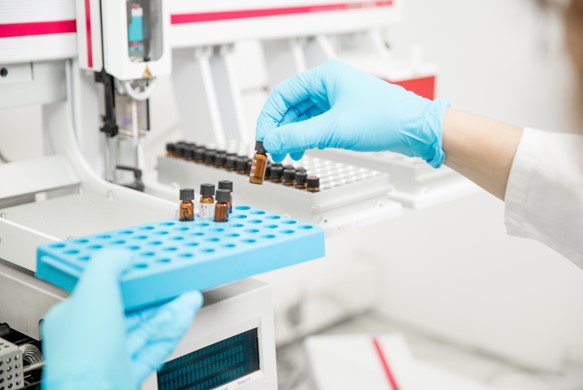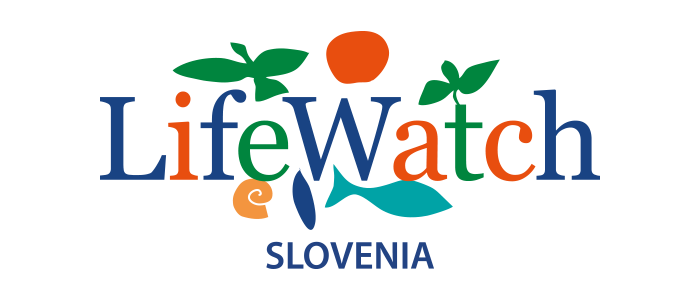University of Nova Gorica
Contacts
University of Nova Gorica
Vipavska 13, SI-5000 Nova Gorica, Slovenia
Representative person:
prof. dr. Martina Bergant Marušič
martina.bergant@ung.si
Social media:
https://www.facebook.com/univerza.v.novi.gorici
https://www.instagram.com/univerza.v.novi.gorici/
http://www.youtube.com/user/universityng
https://twitter.com/UNG_ungsi
https://www.linkedin.com/school/university-of-nova-gorica

The University of Nova Gorica (UNG) has been a member of LifeWatch Slovenia since 2015 and contributes to LifeWatch ERIC through its National Distributed Centre. UNG is an internationally oriented university with a range of graduate and postgraduate programmes and cutting-edge research in science, technology and the arts. UNG places special emphasis on fostering multidisciplinary research and programmes to build partnerships between industry and academia. A dynamic research environment is supported by state-of-the-art research equipment and strong international research collaborations.
Research

The Laboratory for Environmental and Life Sciences (LELS) at the University of Nova Gorica provides a plaform for intensive cooperation between environmental and analytical chemists, biochemists, molecular biologists, ecotoxicologists and ecologists. Research conducted at LELS includes:
• Development of novel and unique ultrasensitive laser-based analytical methods for the identification and determination of toxic and bioactive compounds in the environment (pesticides, heavy metals, toxins).
• Investigation of the fate, transport and transformation of pollutants in the atmosphere and in terrestrial and aquatic environments, and development of various techniques for their removal.
• In-vitro toxicity assessment of various environmental pollutants affecting living organisms.
• Identification of recombinant antibodies for environmental applications. This includes the development of biosensors to detect plant stress associated with global warming and biosensors to detect invasive microalgae in the marine environment.
State-of-the-art research at LELS provides new insights into environmental processes at the level of molecules, cells, organisms, and ecosystems, their interactions, and the interrelationship with life processes in organisms.

Projects

EcoLamb
EcoLamb – Holistic Production to Reduce the Ecological Footprint of Meat The "EcoLamb" project evaluated the sustainability of sheep production systems with a focus on resilience to future environmental and social obstacles. The project aimed to promote functional lamb meat from production systems with a low ecological footprint. One of the main objectives was preservation of biodiversity and cultural heritage. The project used Life Cycle Assessment (LCA), Life Cycle Costing (LCC), Land Use Assessment (LANCA) and Biodiversity Assessment methods to evaluate the environmental sustainability of intensive (feedlot) and extensive (pasture) lamb meat production in different bioregions in Europe. Extensive small ruminant production was found to be critical for biodiversity conservation, but also to have other beneficial ecosystem functions such as carbon sequestration, water cycling, wildlife habitat provision, etc.

GOTRAWAMA
GOTRAWAMA - Transboundary water management in urban areas of Gorizia and Nova Gorica INTERREG ITALY – SLOVENIA, 2012-2015 The objective of the project was to develop guidelines for the implementation of a common system for the integrated management of transboundary waters in the urban areas of Gorizia and Nova Gorica, including surface water, groundwater and wastewater. The proposed guidelines focused on the protection of biodiversity and sustainable management of natural resources, protection of the environment from natural and technological risks and pollution, reduction of energy consumption and increased use of renewable energy sources, and strengthening territorial cohesion in the sustainable management of transboundary waters.
